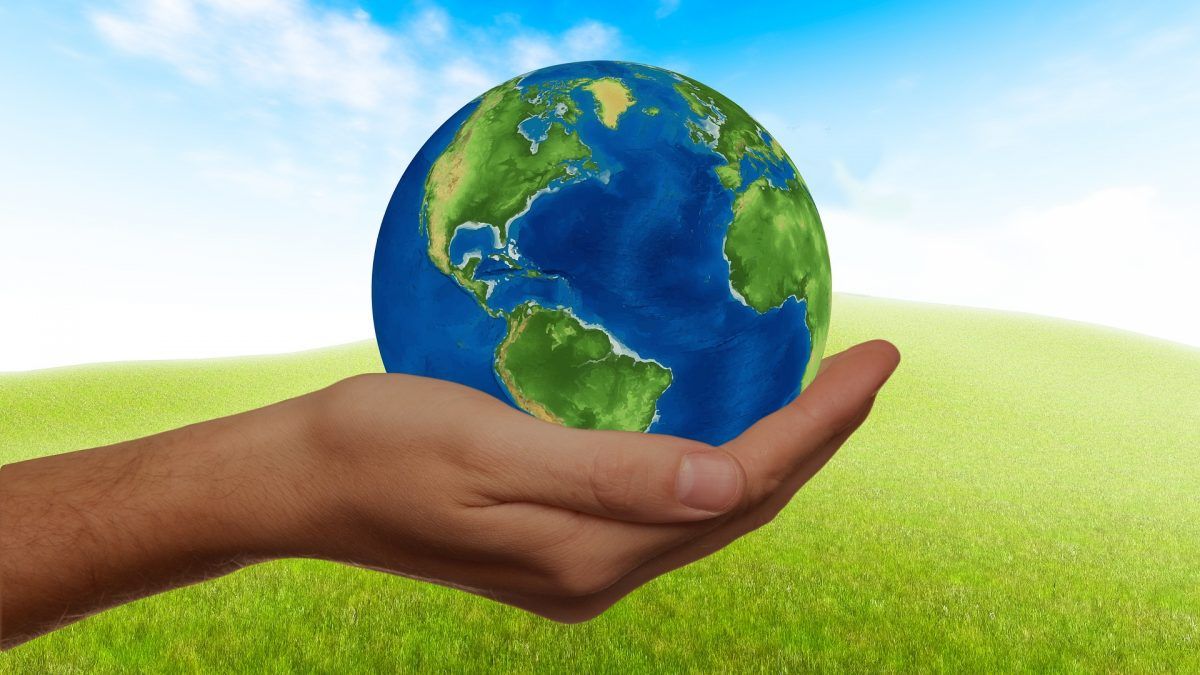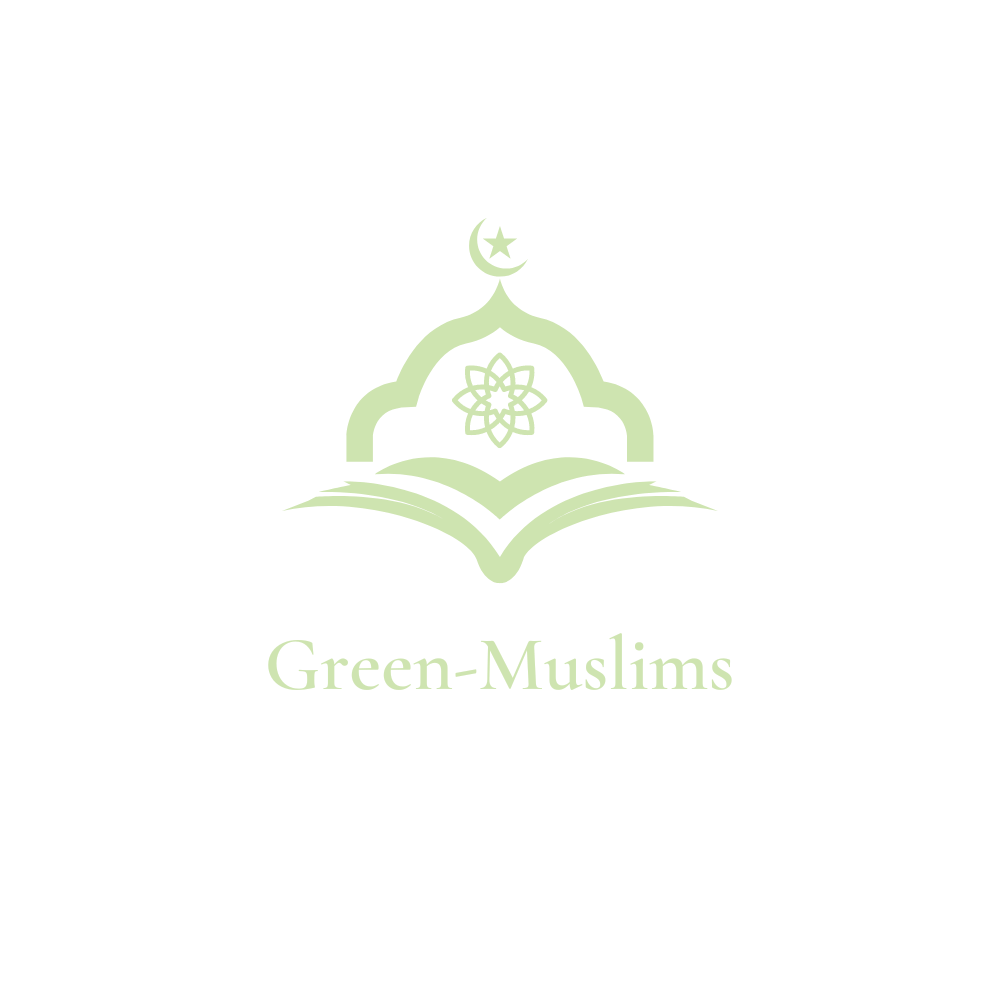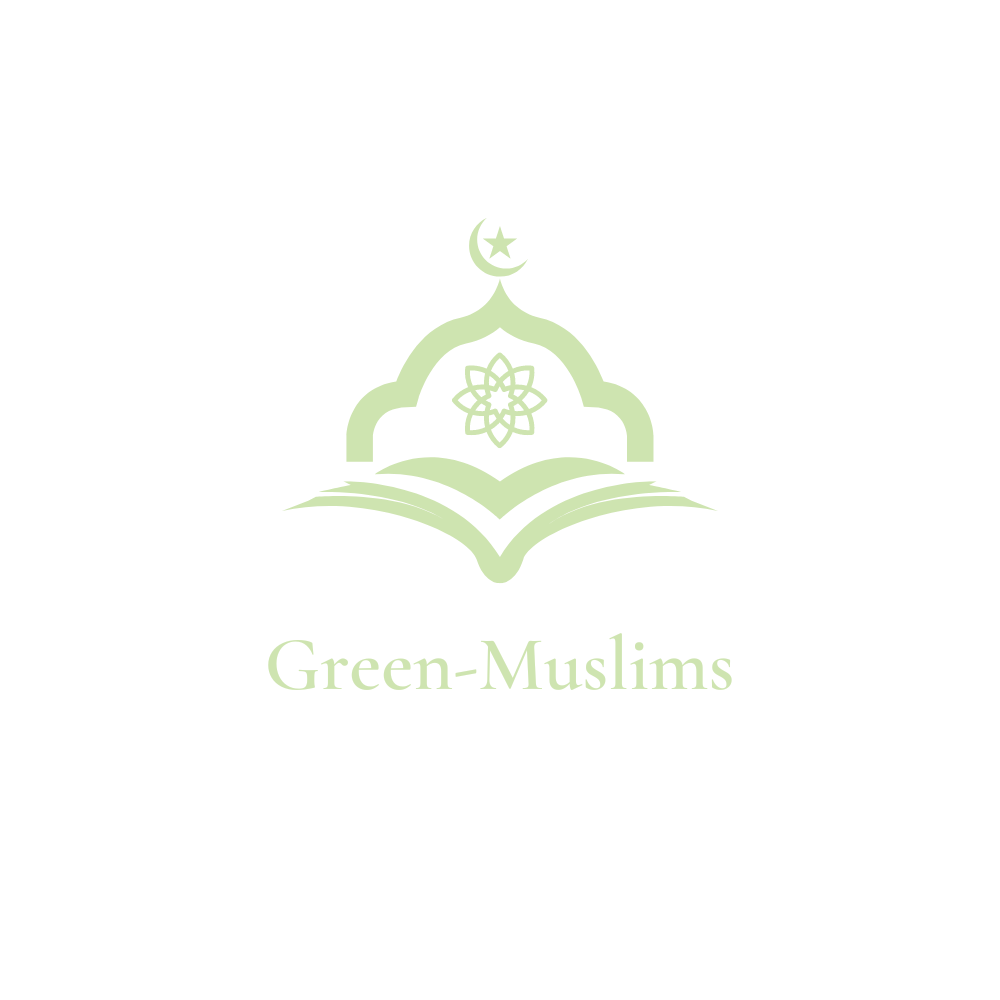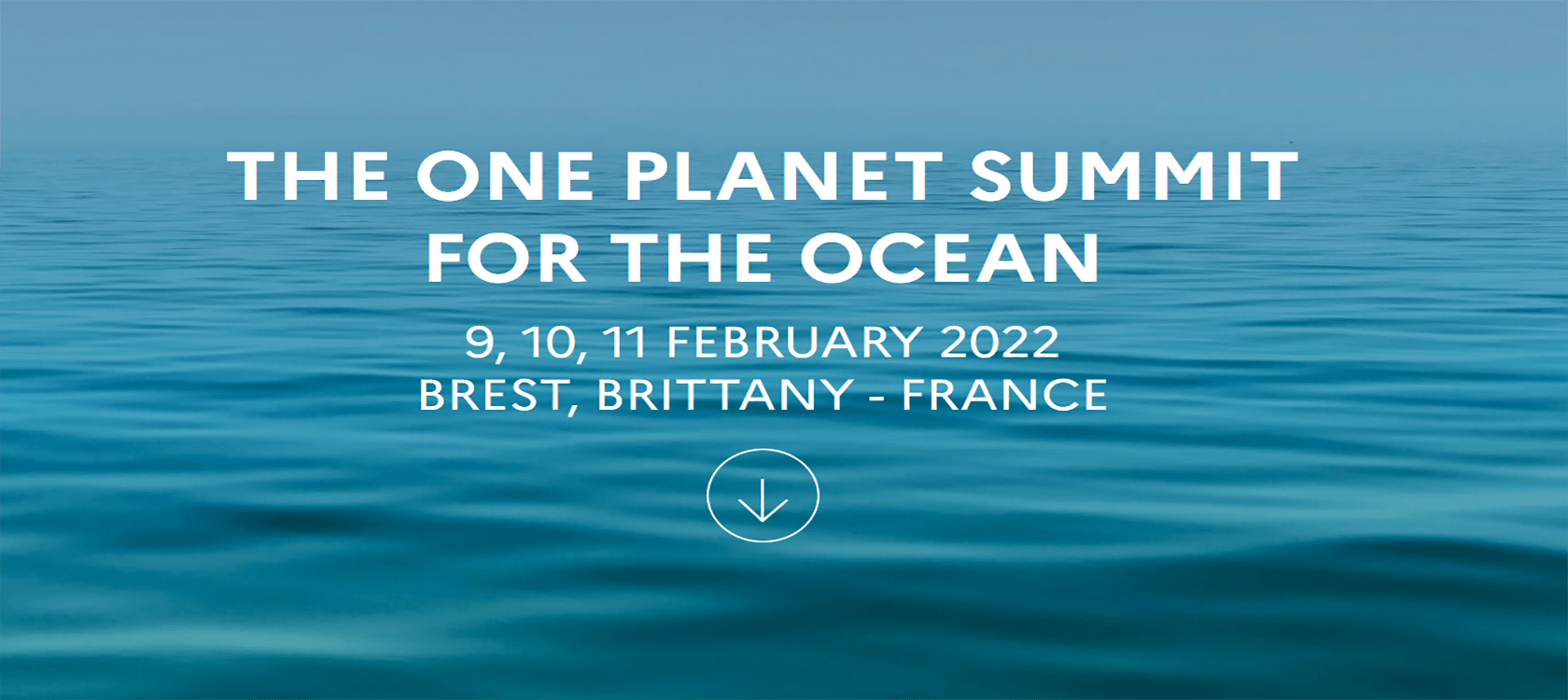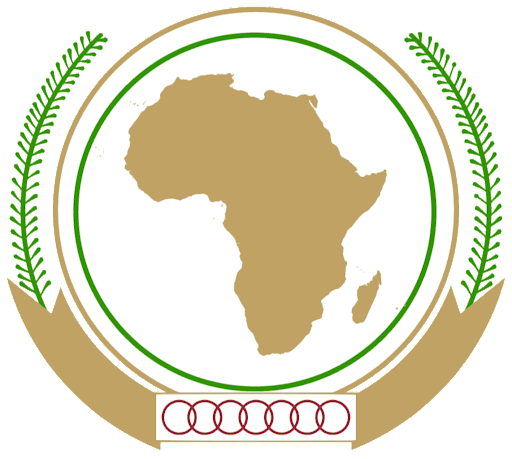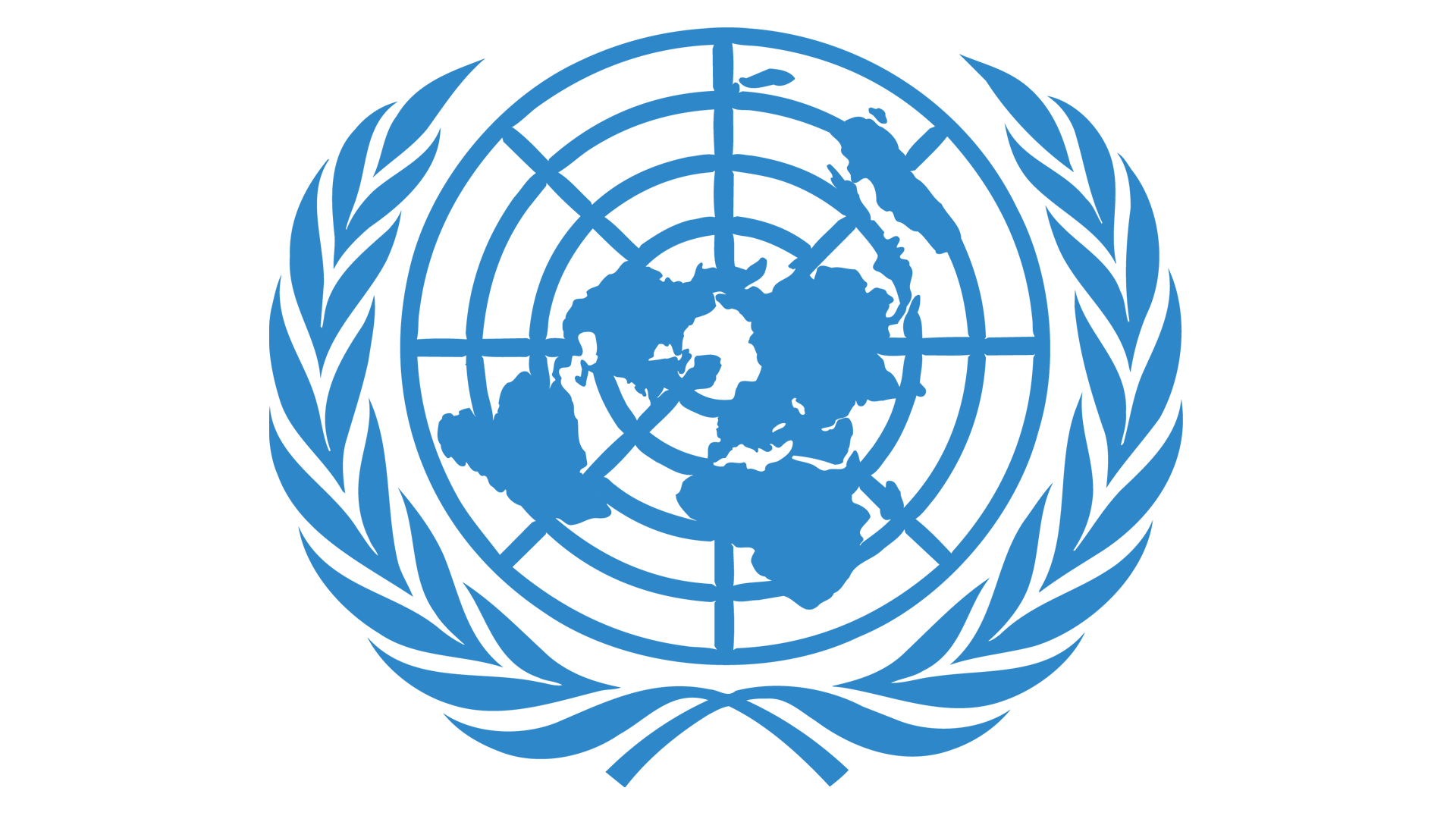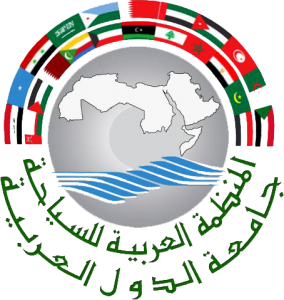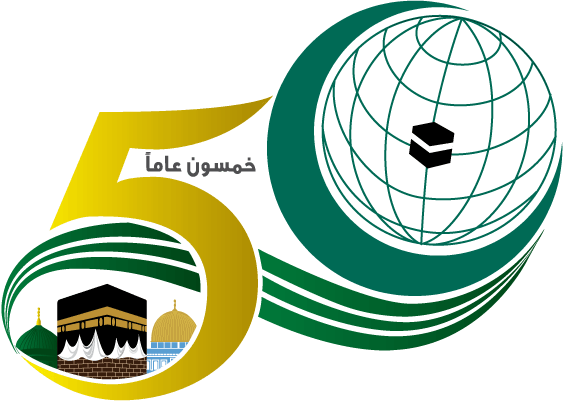ON A WOODEN BIKE TO MECCA
The originally scheduled interview was moved due to a flat tire. Well, things like that can happen when you take such a long bike ride. On October 30, Rudy and Mohammed left Maassluis, Mohammed's hometown, and hope to arrive in Mecca around December 10. On average, people cycle about six hours and a hundred kilometers in a day. I called them when they were on the border between Austria and Germany.
The Umrah: A Little Pilgrimage
Rudy and Mohammed met in 2011 at an Initiatives of Change conference in Switzerland. The boys are both Muslim with a Moroccan (Mohammed) and half-Indonesian (Rudy) background. They wanted to make a small pilgrimage: the umrah. “With this journey we want to develop ourselves, spiritually, but also inspire others”, says Rudy. Mohammed adds: “Travel is frequently encouraged in the Quran in a variety of ways. Thus it is said to go out to observe the creation of the Creator and to learn lessons from it.”
Durability
One of the most important goals is to address sustainability. The boys want to show others that you can also cover distances by bicycle instead of by plane or car. Sometimes this commitment to sustainability goes so far as to cause delays along the way. For example, Mohammed tells that they were cycling in the forest and he threw a banana peel back into nature. Rudy saw that there was still a sticker on it and went back and took the sticker off. “I can appreciate something like that, but such actions slow down a lot,” Mohammed laughs.
“Cycling is a sustainable way of travelling. Cycling to a spiritual destination makes us think even more about questions that are important to us,” says Rudy. The journey is partly inspired by the book 'Green Deen'. “Our shared message from that book is: 'The earth is a mosque and everything in it is sacred.' This is especially towards the Muslim youth: know your religion and know what is being said to protect the earth.”
Wooden bicycles
“Flying is too fast for us, walking is too slow for us, cycling is the right speed,” says Mohammed. Slow travel is also important. Rudy: “Normally you go by plane. This has advantages, but also many disadvantages in our view. You can get there quickly, but you can talk to people on the bike.” Rudy had been to Mecca before, but then by plane. “I thought it was really nice to be a part of, but somehow I thought it was less special because everything went so fast and I hadn't put any mental and physical effort into it.”
People are more likely to associate a wooden bicycle with sustainability than a metal bicycle
“A wooden bicycle attracts the attention of many people. People are more likely to associate a wooden bicycle with sustainability than a metal bicycle,” says Mohammed. Along the way, the boys stop to eat, but also to see the sights. Ironically, they then notice that they themselves are an attraction. “You notice that many people are interested because you ride wooden bicycles. Then you talk to them and you learn from each other,” says Rudy.
The wooden bicycles are sponsored by Cocomat. An employee of the company met Rudy at a sustainability fair and offered him the bikes when he heard of his plans. “They ride almost like a normal bicycle. The handles are a bit different, but you get used to it quickly,” says Rudy. The boys have cycled long stretches before, but according to them, everyone should be able to do it in principle. Mohammed: “But you have to take the necessary measures with a wooden bicycle. Take, for example, a bicycle with around twenty gears, because ours only have two. For short distances I would also choose a gel saddle.”
Sleeping at people's homes
Along the way they eat and sleep at people's homes that they find through Warmshowers and couchsurfing. They stay one night, but a lot happens in a short time. “We do it this way for the connection. We meet people who are also into sustainability, so we are inspired.” In Germany, for example, where they ended up with a family that made food boxes for refugees with discarded products from supermarkets. “It was so special to witness such dedication from a family. It was very inspiring to see how busy they are themselves and then also want to receive people”, says Rudy.
On the way they sleep at people's homes
Along the way, the boys stay overnight at people's homes. Here in Austria.
Also, without asking, they get things they need. During a cold trip, they were given home-made wool socks and hats upon arrival at a host family. They came especially for Rudy as a blessing. The boys see all those family visits as one of the highlights of the trip.
Several roads lead to Mecca
Since both boys are Muslim, it is not surprising that Mecca is the final destination. The mosque is central to what Islam symbolizes: the unity of God. “In addition,” says Mohammed, “good deeds are rewarded and bad deeds may be punished. Each prayer in any mosque is worth twenty-seven rewards and one hundred thousand in Makkah. So it is more profitable to do your prayer there.”
The full route has not yet been determined. Rudy: “We actually want to take the boat from Athens to Cairo, but that route is probably closed because of the refugees. So we can go via Athens to Cairo, and then hopefully via Hurghada with the pilgrim boat to Jeddah. What is also possible is to go straight from Istanbul to Jeddah to go to Mecca via Jeddah.”
And what happens to the bicycles when Mecca is reached? “We don't know,” says Mohammed. “We have already been in contact with the airline, but the bicycles are not allowed back. We would prefer to keep them ourselves, but otherwise we will donate them.” Against the sustainability principle, the boys return by plane. Mohammed: “We have booked a plane ticket as a precaution, because nothing is certain on this trip, but also because we will soon have obligations at home.” “We want to avoid flying as much as possible,” Rudy adds, “but unfortunately we live in crazy times. If it hadn't been for the war, we could just go through Syria. If we have to fly, we will plant trees to compensate.”
Green Muslims
